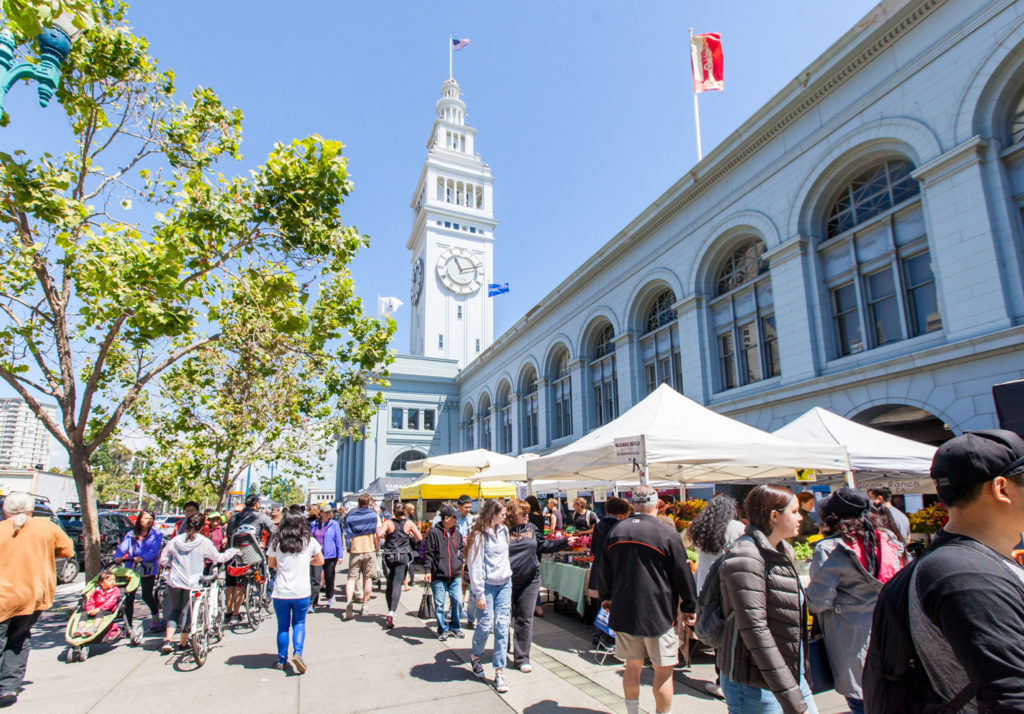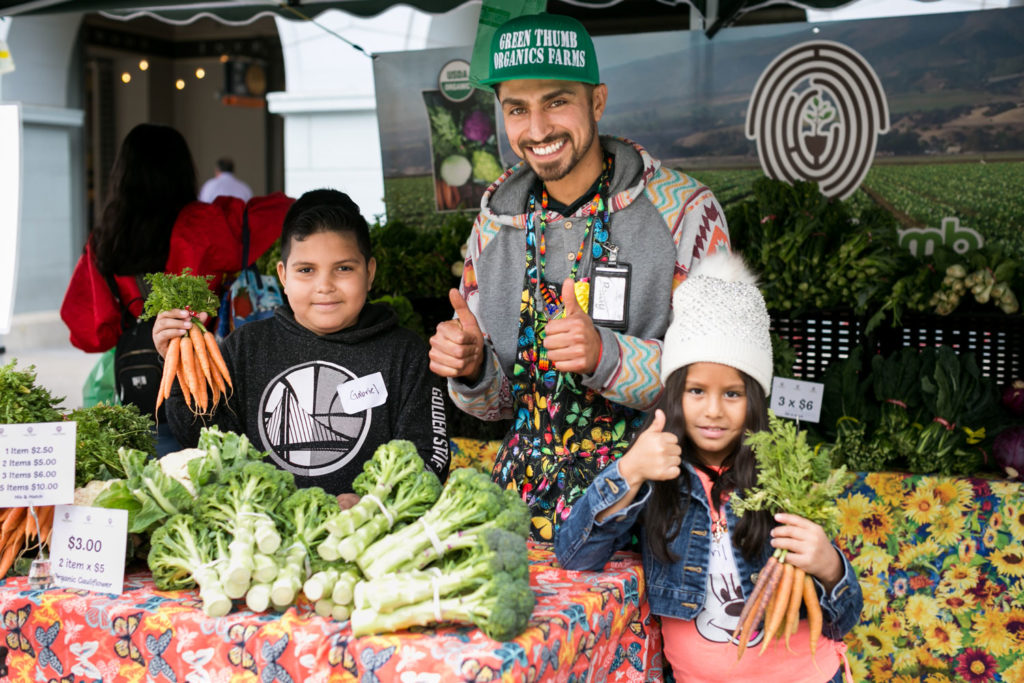Growing thriving communities through the power and joy of local food.
Foodwise (formerly CUESA) operates world-class farmers markets and education programs to connect you with fresh, local food and sustainable farms.
Learn more
Wherever you are on your food journey, Foodwise farmers markets and programs inspire eaters of all ages to take part in a fair, regenerative, and delicious food future for all.
Join us
Foodwise (formerly CUESA) operates world-class farmers markets and education programs to connect you with fresh, local food and sustainable farms.
Learn more